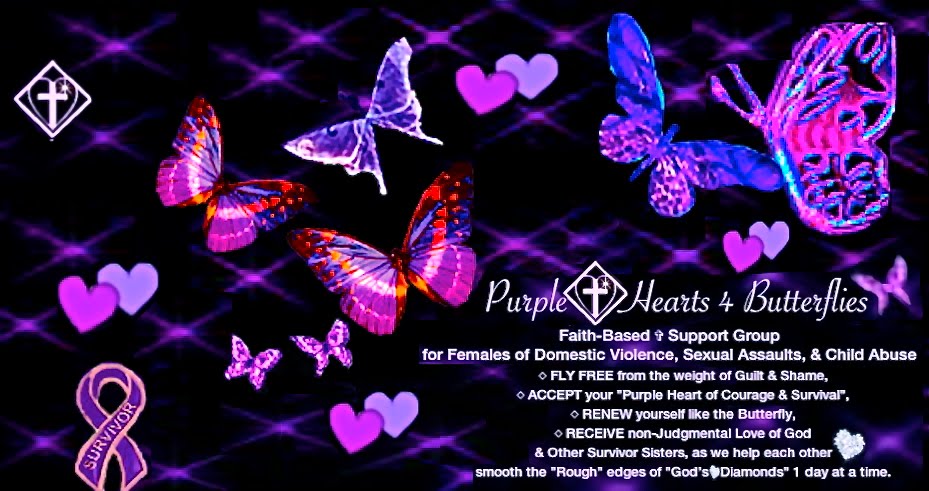Signs of Emotional Abuse
The presence of a single sign does not prove child abuse is occurring in a family; however, when these signs appear repeatedly or in combination you should take a closer look at the situation and consider the possibility of child abuse.
Consider the possibility of emotional maltreatment/abuse when the parent or other adult caregiver:
- Constantly blames, belittles, or berates the child
- Is unconcerned about the child
- refuses to consider offers of help for the child's problems
- Overtly rejects the child, ignores when child is trying to talk to the caregiver
- Comforts other children in front of the child being rejected
Consider the possibility of emotional maltreatment when the child:
- Shows extremes in behavior, such as overly compliant or demanding behavior, extreme passivity, or aggression
- Is either inappropriately parenting other children, (for example)
- Inappropriately infantile (frequently rocking or head-banging, for example)
- Is delayed in physical or emotional development
- Has attempted suicide or speaks of it
- Reports a lack of attachment to the parent
See more info:
Related Resources: Emotional Abuse
Research on definitions, incidence, risk factors, signs, and consequences of emotional abuse.
Child Psychological Maltreatment
Barnett, Miller-Perrin, & Perrin (2005, 2nd ed.)
In Family Violence Across the Lifespan: An Introduction
View Abstract
Describes current knowledge involving risk factors, negative effects, and intervention strategies.
Barnett, Miller-Perrin, & Perrin (2005, 2nd ed.)
In Family Violence Across the Lifespan: An Introduction
View Abstract
Describes current knowledge involving risk factors, negative effects, and intervention strategies.
The Educator's Role in Reporting the Emotional Abuse of Children
Romeo Journal of Instructional Psychology, 2000
Behavioral indicators of emotional abuse, relationship of emotional abuse to the child's self-esteem and self-image, and the lifelong consequences of emotional abuse.
Romeo Journal of Instructional Psychology, 2000
Behavioral indicators of emotional abuse, relationship of emotional abuse to the child's self-esteem and self-image, and the lifelong consequences of emotional abuse.
Emotional Abuse
Hall (2003)
In Protecting Children From Abuse and Neglect in Primary Care
View Abstract
Provides a definition of emotional abuse and considers the nature of disturbed relationships.
Hall (2003)
In Protecting Children From Abuse and Neglect in Primary Care
View Abstract
Provides a definition of emotional abuse and considers the nature of disturbed relationships.
Emotional Abuse and Neglect (Psychological Maltreatment): A Conceptual Framework
Glaser Child Abuse and Neglect, 26(6/7), 2002 View Abstract
Explores the place of emotional abuse within the overall context of child abuse and neglect.
Glaser Child Abuse and Neglect, 26(6/7), 2002 View Abstract
Explores the place of emotional abuse within the overall context of child abuse and neglect.
Emotional Abuse in Children: Variations in Legal Definitions and Rates Across the United States
Hamarman, Pope, & Czaja Child Maltreatment, 7(4), 2003 View Abstract
Discusses potential reasons for the variability among States in defining emotional abuse.
Hamarman, Pope, & Czaja Child Maltreatment, 7(4), 2003 View Abstract
Discusses potential reasons for the variability among States in defining emotional abuse.
The Emotionally Abused and Neglected Child: Identification, Assessment and Intervention: A Practice Handbook
Iwaniec (2nd ed.) (2006) View Abstract
Includes the prevalence and characteristics of emotionally abused children and their caregivers, schedules for comprehensive assessment, and levels of intervention and service provision in cases of emotional abuse and neglect.
Iwaniec (2nd ed.) (2006) View Abstract
Includes the prevalence and characteristics of emotionally abused children and their caregivers, schedules for comprehensive assessment, and levels of intervention and service provision in cases of emotional abuse and neglect.
26 KB
)Prevent Child Abuse America (1999)
Provides general information on emotional abuse including indicators of abuse, perpetrator characteristics, and consequences of abuse.
The Psychological Maltreatment of Children
Committee on Child Abuse and Neglect, American Academy of Pediatrics Pediatrics, 109(4), 2002
Details how pediatricians can prevent, recognize, and report psychological maltreatment.
Committee on Child Abuse and Neglect, American Academy of Pediatrics Pediatrics, 109(4), 2002
Details how pediatricians can prevent, recognize, and report psychological maltreatment.

No comments:
Post a Comment
Do you have a question, comment or would like to share something from your heart that pertains to post? Please share, I will moderate it so if you don't want it published just say so.(remember we help others by sharing our experiences)